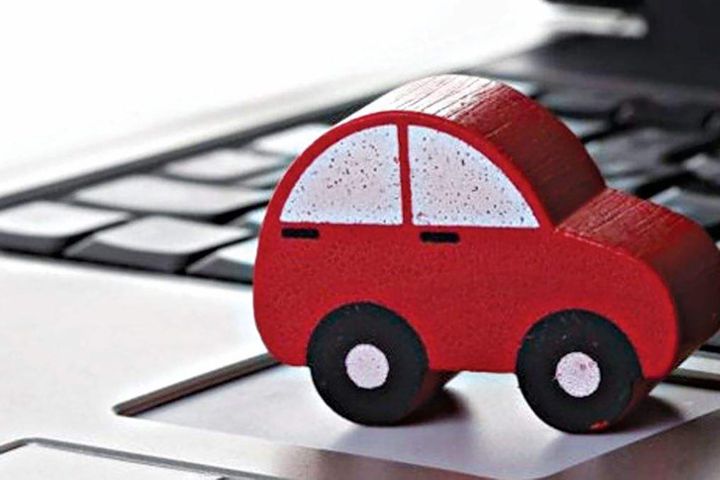 China's Online Used Car Dealers Are Struggling to Make Money
China's Online Used Car Dealers Are Struggling to Make Money(Yicai Global) Feb. 13 -- China's online second-hand car dealers are finding it hard to turn a profit because of high transaction costs, inefficiency and data fraud, according to insiders interviewed by Yicai Global.
Deals done through the internet cannot generate enough revenue, said CI Consulting researcher Wang Ningyuan. Trade volume is low as transactions are mainly done offline, while firms do not have the resources of traditional dealerships, he added. The main source of revenue is a percentage-based service fee that does not cover platform operating costs, labor and marketing.
China's used-car e-commerce market is fiercely competitive, with online dealers going head-to-head with conventional, established market players for custom. Several have gone out of business in recent years. Only those that manage to integrate the market and boost efficiency will eventually move ahead of the pack.
A lot of money gets spent on advertising, but there is no innovation of the business model, Wang said.
"Advertising is actually very inefficient," Yao Junhong, founder of used auto giant SouChe Co., told Yicai Global late last year. "We spent more than CNY600 million (USD95 million) on advertising, while ad-driven sales over six months accounted for just 15 percent of the total."
Total trading volume for all second-hand vehicles was almost 11.2 million units from January through November last year, while the full-year figure is expected to reach 12 million, data from the China Automobile Dealers Association shows. But an insider, who declined to be named, said actual deals for the year are unlikely to have exceeded 10 million units.
"There are some repeat transactions in the data," he told Yicai Global. "For example, selling a car to a scalper counts as one transaction, and it then counts for another when the scalper sells the car to a large dealer. When the dealer finally sells the car online that counts as another transaction."
Open Secrets
Nobody actually knows how many are sales of the same vehicle, so there are no accurate statistics, the source said, adding that online deals may account for less than 10 percent of the projected 10 million.
"Scalping is very common," the insider said. When a sale could be made offline, he said, an e-commerce platform will ask a customer to complete the trade on its platform by offering some kind of rebate.
"Start-up companies want financing and transaction data, but consumers are still more inclined to buy at physical stores or via distributors because of the habitual thinking that 'seeing is believing,'" he said. "To keep getting funding, e-commerce platforms inevitably choose to fake their data."
Such issues are considered open secrets in the sector. Predominant users of data fraud among e-commerce players are consumer-to-consumer trading platforms, according to SouChe's Yao.
After intense competition in recent years, a basic consensus has emerged among players in the sector that C2C is not a suitable model for now, said Wang Weiwei, founder and chief executive of online used-car seller TTPai Technology Ltd. A consumer-to-business auction model may be the way forward, he added.
A better approach would combine online and offline sales, another insider said, as solidly internet-based operations may find it difficult to meet long-term development goals.